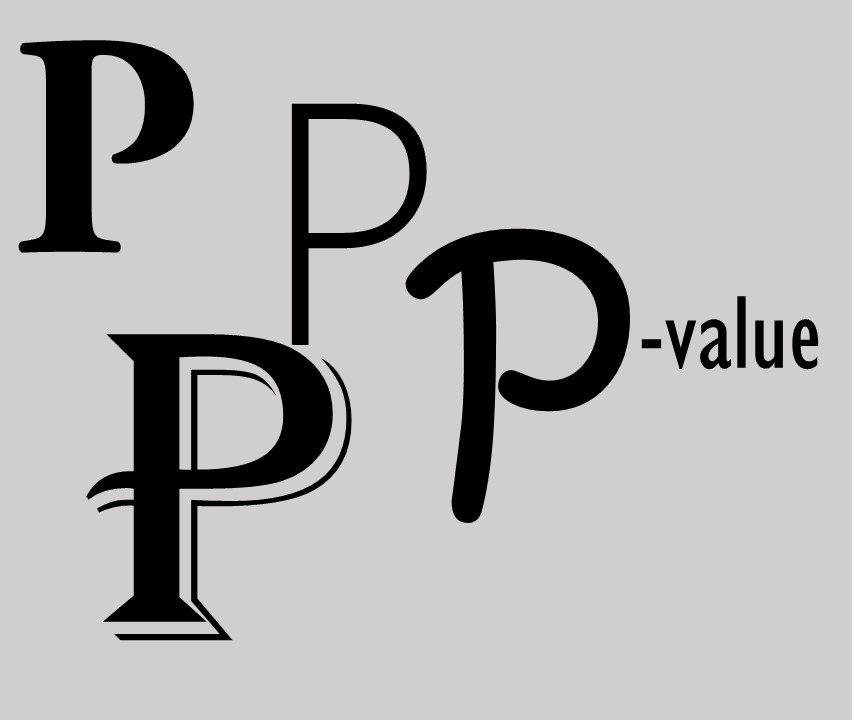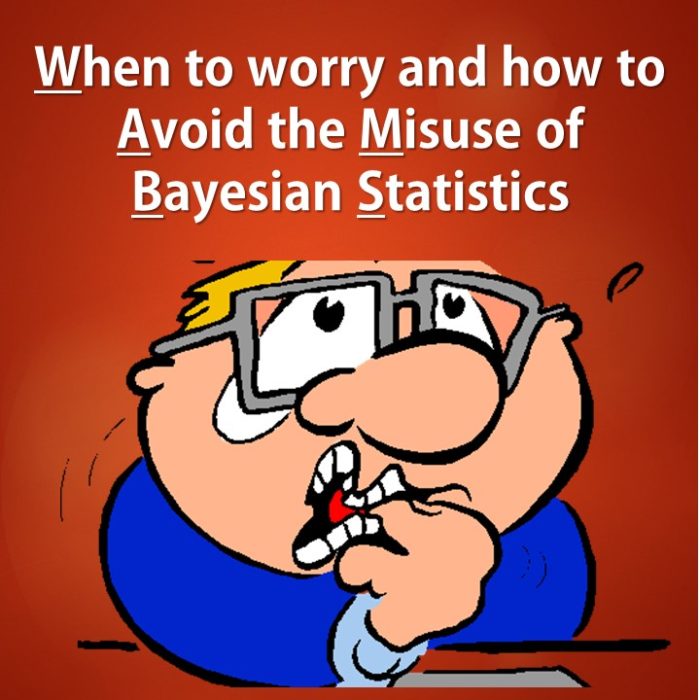Testing Small Variance Priors Using Prior-Posterior Predictive P-values
Muthen and Asparouhov (2012) propose to evaluate model fit in structural equation models based on approximate (using small variance priors) instead of exact equality of (combinations of) parameters to zero. This is an important development that adequately addresses Cohen’s (1994) “The earth is round (p < .05)”, which stresses that point null-hypotheses are so precise that small and irrelevant differences from the null-hypothesis may lead to their rejection.
Hand-outs Available for 1st EDDA Working Group Meeting
The first EDDA* working group meeting was held June 26, 2017. All hand-outs are available at the EDDA website. If you are interested in attending the second meeting, which will take place mid-January 2018, you can pre-register. *EDDA = Expert Data (Dis)Agreement
Improving Transparency and Replication in Bayesian Statistics: The WAMBS-Checklist
Bayesian statistical methods are slowly creeping into all fields of science and are becoming ever more popular in applied research. Although it is very attractive to use Bayesian statistics, our personal experience has led us to believe that naively applying Bayesian methods can be dangerous for at least 3 main reasons:
Prestigious VIDI Grant Awarded
I am awarded the prestigious VIDI-grant from the Netherlands organization for scientific research to start my own research group 🙂 1b. Title of research proposal: Experts, their prior knowledge, and the issue of limited data 1c.Summary of research proposal Researchers often have difficulties collecting enough data…
Analyzing small data sets using Bayesian estimation: the case of posttraumatic stress symptoms following mechanical ventilation in burn survivors
The analysis of small data sets in longitudinal studies can lead to power issues and often suffers from biased parameter values. These issues can be solved by using Bayesian estimation in conjunction with informative prior distributions.
Facing off with Scylla and Charybdis: a comparison of scalar, partial, and the novel possibility of approximate measurement invariance
Measurement invariance (MI) is a pre-requisite for comparing latent variable scores across groups. The current paper introduces the concept of approximate MI building on the work of Muthén and Asparouhov and their application of Bayesian Structural Equation Modeling (BSEM) in the software Mplus.







